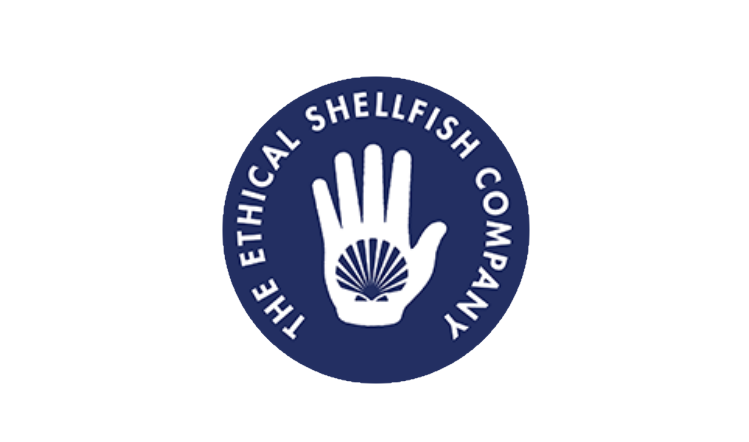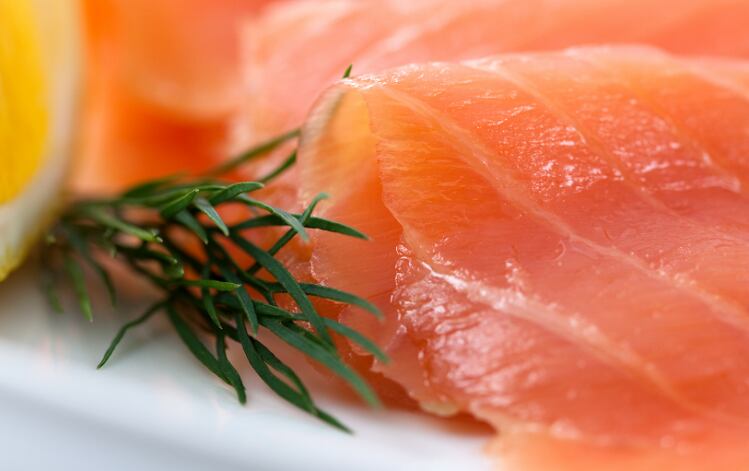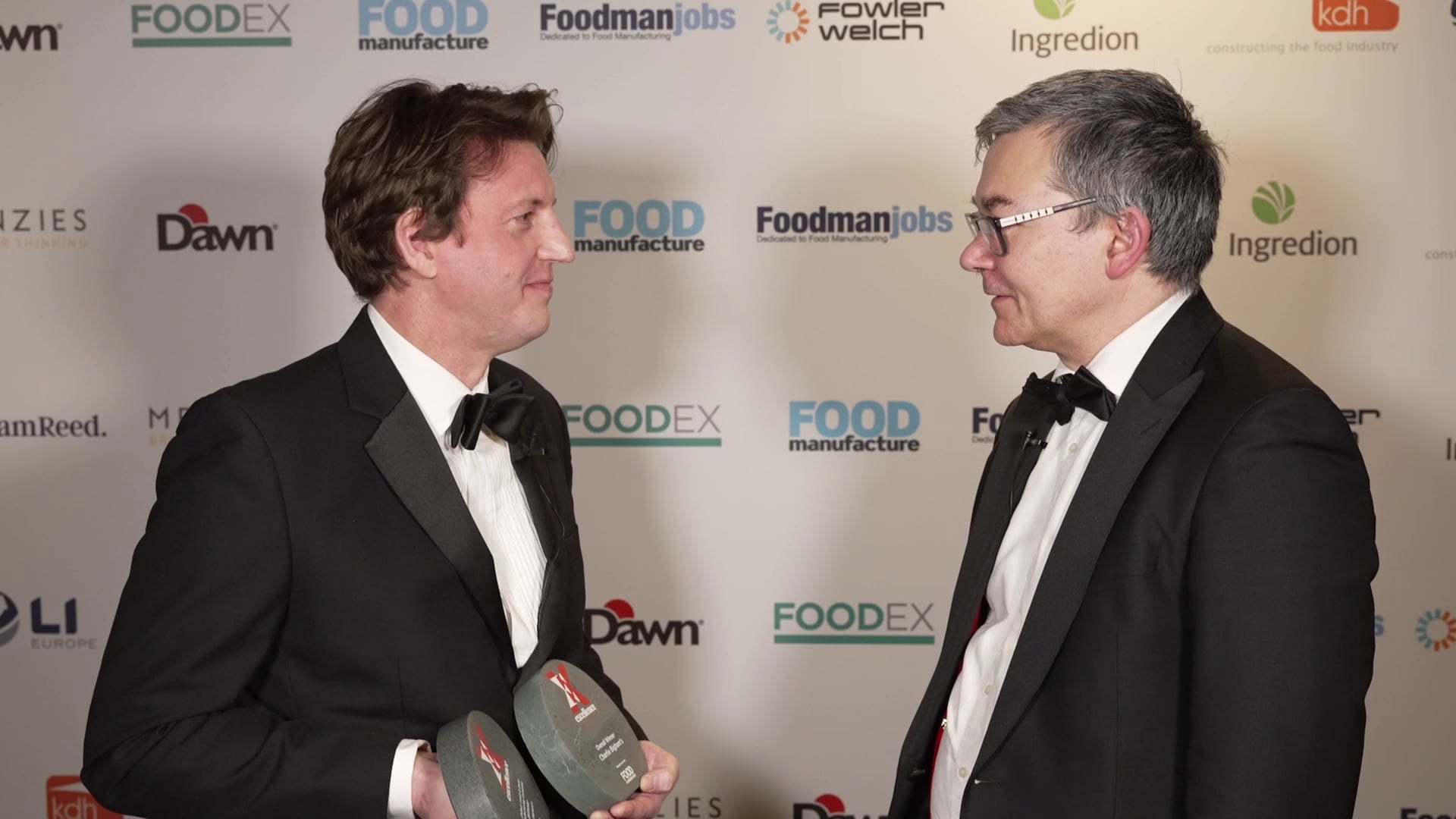The Isle of Mull-based company listed five key areas that ultimately led to the downfall of the business, led by the impact of the COVID-19 pandemic.
A spokesman for The Ethical Shellfish Company said: “It will come as no surprise to hear that [COVID] spelled the beginning of the end for our business. In March 2020 we lost our restaurant market overnight, and although we tried our hardest to replace this by building a home delivery service to enthusiastic and supportive customers, it was still a massive reduction in our sales.
“More serious still, and as a direct consequence of COVID, was the loss of our boats, which we had to sell to keep us afloat during this period. Our main fishing boat had a hefty bank loan against it and faced with the huge loss of sales we were unable to keep up with repayments. There was no choice but to sell it to clear our loans and in the end both boats had to be sold to achieve this.”
Brexit impact
Brexit also had a major impact on the company, disrupting the supply of shellfish from smaller fishing operations along the West Coast of Scotland.
“Several of these operations relied on European crew, who left the UK during Covid and then weren't able to return,” the spokesman added. “This left drastic crew shortages which in the end caused our main supplier to quit fishing altogether and leave Scotland. It also made it even more difficult to staff our small operation on Mull.”
The company also cited the location of its business as one of the major challenges that made hiring more staff difficult. This wasn’t helped by the fact that any housing on the islands was being snapped up to be used as holiday homes.
“The scourge of second homes means that houses stand empty for months waiting to be populated by holiday makers in the summer,” said the spokesman. “Meanwhile real working people, who would contribute to the community, struggle to find places to stay, and any homes that come on the market are snapped up at inflated prices as second homes.
‘The final insult’
“It felt like the final insult when in the end we were asked to leave our business premises so that it could be turned into – you guessed it – yet another holiday home.”
Increased Health and Safety Executive regulation had also placed a strain on the business. Recent changes to legislation relating to scallop diving had made it harder set up as a dive fisherman.
“Many of the increased regulations feel unnecessary and arguably make diving less rather than more safe,” the spokesman continued.
“Whether or not this is the case, the loser is the sea, as health and safety legislation moves ever in favour of bigger boats fishing in ways that are damaging to the marine environment. And hand dived scallops will become increasingly difficult to find.”
Global warming
Finally, global warming had a part to play in The Ethical Shellfish Company’s decision to close doors – a deterioration in the weather, with increasingly strong winds made fishing impossible for long stretches through the winter months.
It also noted a general decline in shellfish stocks, which it blamed on poor fisheries management and damaging fishing methods such as scallop dredging and trawling – practices that it claimed were encouraged by the Government.
“After twelve years in this sector we find it depressing that so little progress has been made in terms of marine environmental protection,” the spokesman concluded. “Sometimes it feels like a very messed up world when the things that matter most are so neglected.
“On a less depressing note, we are moving on to other things which are (of course) related to the marine environment so we will keep up the good fight.”
Meanwhile, in February, Nestlé finalised plans to close its Fawdon manufacturing site by the end of 2023, placing 474 jobs at risk.





